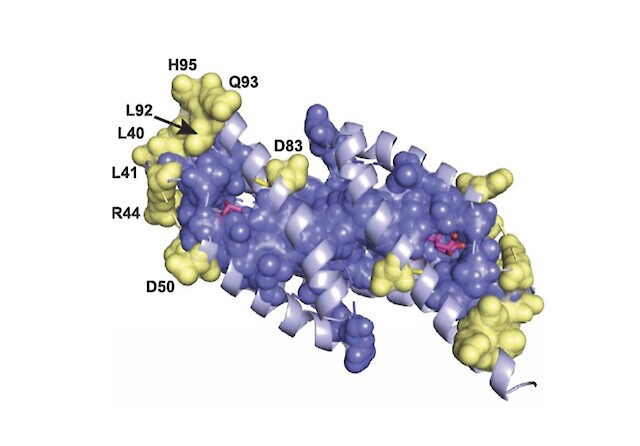Evolution-based enzyme design
Science 2020

The rational design of enzymes is an important goal for both fundamental and practical reasons. Here, we describe a process to learn the constraints for specifying proteins purely from evolutionary sequence data, design and build libraries of synthetic genes, and test them for activity in vivo using a quantitative complementation assay. For chorismate mutase, a key enzyme in the biosynthesis of aromatic amino acids, we demonstrate the design of natural-like catalytic function with substantial sequence diversity. Further optimization focuses the generative model toward function in a specific genomic context. The data show that sequence-based statistical models suffice to specify proteins and provide access to an enormous space of functional sequences. This result provides a foundation for a general process for evolution-based design of artificial proteins.